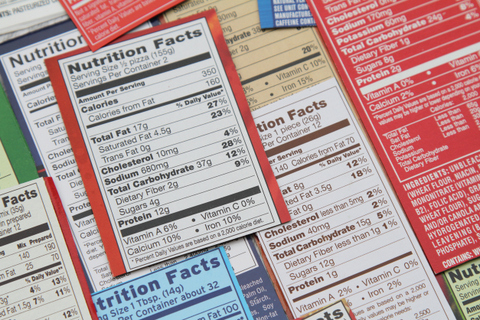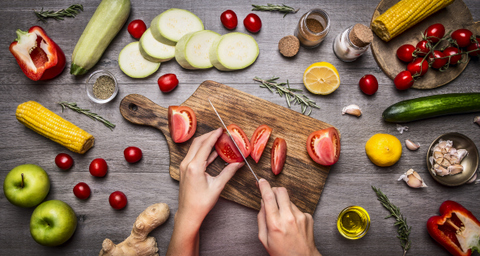
Even if you spend most of your time in your workplace, there are lots of opportunities to be more active. Park your car farther away from your office so that you can walk more. Take the stairs instead of the elevator. Take the stairs when you can, even if just for a floor or two. And don’t just ride the escalator in the mall, climb it like stairs.
The most effective means of reducing elevated blood pressure is to lose weight. Significant blood pressure reductions were observed in populations with an average weight loss of more than 5 kg. According to a study in The Journal of Hypertension, weight reduction of 5.1 kg can reduce the systolic blood pressure by 4.44 mm Hg and diastolic blood pressure by 3.57 mm Hg. So, if all these exercises are too mediocre for you, why not opt for a more intense workout and try to lose weight along the way.

You definitely need to quit smoking to lower blood pressure. You can start small and reduce the number of cigarettes smoked per day. Likewise, if you are not smoking, reduce your exposure to secondhand smoke. Significantly higher blood pressure values were observed in children of smoking parents based on a study in Iran. A study in the British Journal of Clinical Pharmacology also reported an increase in blood pressure in young adult male exposed to just an hour of passive smoke.

Eliminate high-sodium foods in your daily diet by reading labels carefully. Some common foods may contain more sodium than you think, such as the ‘salty six’ listed by American Heart Association which include bread, cured meats, pizza, poultry, soup and sandwiches.

It is much easier to control your diet if you are cooking your own meal. When foods are prepared industrially, it needs to be made shelf-stable. The fibre will be taken out and more chemicals, salt, fat, and sugar are added. The most important thing about your diet is using the right ingredients used to prepare your food. Rather than eating out, make it a habit - and a hobby to cook your own meal.

Vegetables and fruits are rich sources of dietary fibre, potassium, magnesium, antioxidants and vitamins. Therefore, diets higher in fruits and vegetables may reduce the risk of developing hypertension. A study reported that higher intake of fruit is associated with a lower risk of future hypertension and boost overall heart health.

|
Previous article Ultimate Guide in Choosing a Blood Pressure Monitor |
Next article Ideal Blood Pressure and Its Importance |